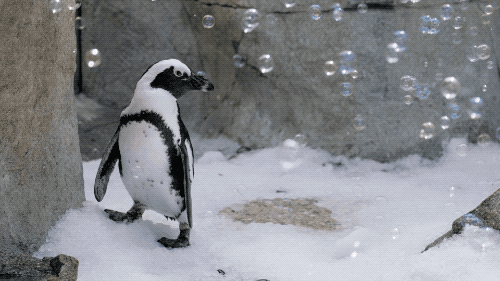Aquarium volunteer who spends a lot of time with the world's greatest marine animals
Don't wanna be here? Send us removal request.
Photo

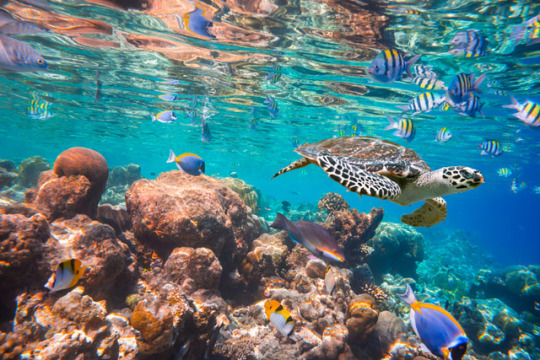
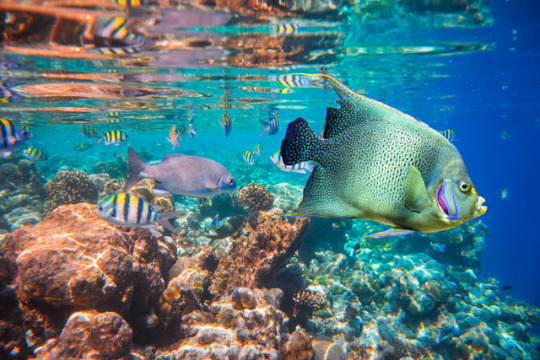
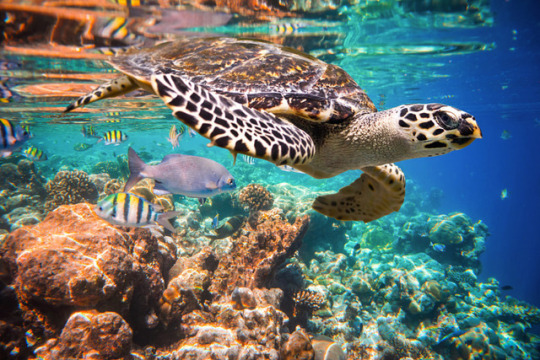
Hawksbill Turtle. Maldives Indian Ocean coral reef. By - Andrey Armyagov
22K notes
·
View notes
Note
i don't really understand why you would be pro-zoo. like i understand nature reserves and sanctuaries where people can observe from afar, but it doesn't seem right to me when they're locked up in generally small confined areas for people to watch them do nothing all day. idk maybe i'm getting this wrong, and i still really respect you, i just don't understand this. like i interned at a zoo and felt uncomfortable with how small their living areas were and how they had no stimulation
Zoos don’t look like this anymore.

They look like this:
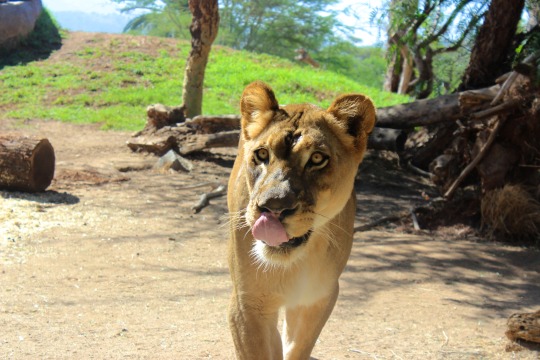
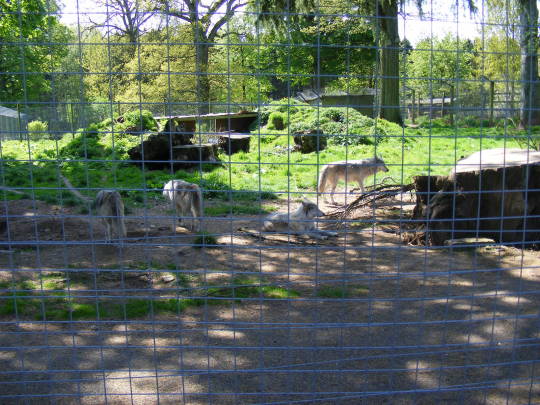


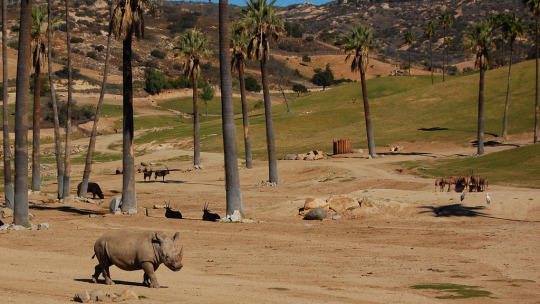
Good zoos do not keep their animals in “tiny spaces” with no enrichment. I’m not pro-roadside zoo. I’m pro-accredited zoo. Zoos are incredibly important for conservation and education.
Are Zoos Necessary?
The Importance of Zoos: Resource Post
Why Zoos and Aquariums Matter: Assessing the Impact of a Visit to a Zoo or Aquarium
Why I Want to be a Keeper
Why I Believe in Zoos
305K notes
·
View notes
Text
When you say “Look at my cute baby!!”
Expectations:

Reality:

192 notes
·
View notes
Video
instagram
Baby steps: These newborn epaulette sharks are using their fins to get around their exhibit, just like the adults.
#Visitorpicture by @sharkmamalisey #regram #sharks #scienceofsharks #epaulettesharks #Hemiscylliumocellatum #cutebabyanimals #newenglandaquarium #boston #massachusetts (at New England Aquarium)
3K notes
·
View notes
Photo


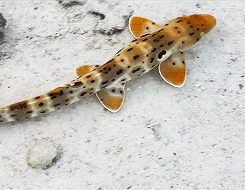


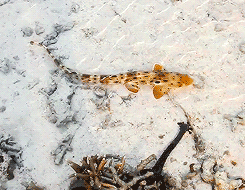
Rather than swim, Epaulette sharks often “walk” by using their pectoral fins as a pair of rudimentary legs.
34K notes
·
View notes
Text
Looks Can Be Deceiving
There are several news articles going around citing a study which found that free-ranging bottlenose dolphins are essentially sicker than those in human care. I’ve linked the primary source below. This comes as no surprise to me or anyone else in the zoological field, but it’s interesting to see formal peer-reviewed research on the subject. It’s also very upsetting. The wild bottlenose dolphins are suffering from high levels of mercury and other industrial pollution. They are accumulating toxins in their tissues via biomagnification (they eat the prey that ate the prey that ate the original man-made pollutant). This has weakened their immune systems and made it more difficult for them to fight off various pathogens. Our Atlantic coastlines may appear clean and beautiful compared to other parts of the world, but looks can be deceiving.
The environment as a driver of immune and endocrine responses in dolphins (Tursiops truncatus)
40 notes
·
View notes





















